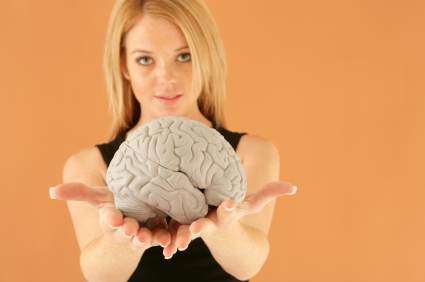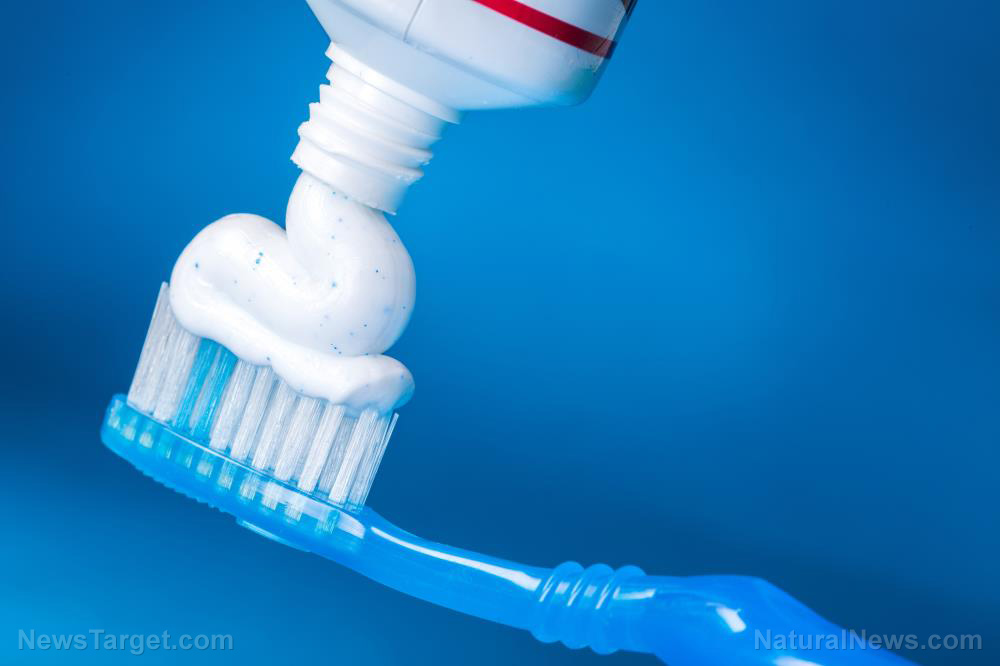LEAKY BRAIN SYNDROME: Dementia cases may have another major cause that’s been overlooked for a century – LIVER FAILURE
05/12/2025 / By S.D. Wells

When we consume, ingest, and inject toxins, we damage our cleansing organs, including the liver. The liver is responsible for creating most of our dopamine, which is then sent to the brain. Dopamine is responsible for most of our vital brain functions, including cognition and memory. Let that sink in for a minute.
Overlooked Liver Condition Mimics Dementia, Study Finds
A groundbreaking study published in JAMA Network Open suggests that up to 13% of dementia cases in the U.S. may actually be undiagnosed liver disease—a reversible condition that, if treated, could restore cognitive function. The research, led by hepatologist Dr. Jasmohan Bajaj of Virginia Commonwealth University, highlights a critical gap in dementia diagnosis, where physicians often overlook hepatic encephalopathy—a brain disorder caused by liver failure.
The study analyzed 68,807 dementia patients and found that 12.8% had advanced liver fibrosis, while 7.6% showed signs of cirrhosis. Many of these individuals may be suffering from cognitive impairment due to liver dysfunction rather than irreversible neurodegenerative diseases like Alzheimer’s.
Hepatic encephalopathy occurs when a failing liver allows toxins to accumulate in the bloodstream, crossing the blood-brain barrier and causing symptoms nearly identical to dementia—confusion, memory loss, and personality changes. Despite the similarities, most physicians do not routinely screen dementia patients for liver disease.
“Health care providers must be made aware of this potential overlap between dementia and hepatic encephalopathy, which is treatable,” Dr. Bajaj warned in 2024. The oversight is particularly concerning given the rising prevalence of nonalcoholic fatty liver disease (NAFLD), which affects nearly 30% of Western adults. Often symptomless until advanced stages, NAFLD is now a leading cause of liver transplants and may contribute to cognitive decline misdiagnosed as dementia.
How to Protect Liver and Brain Health
The study underscores the importance of liver health in preventing cognitive decline. Research-backed strategies include:
- Mediterranean Diet: Reduces liver inflammation by up to 40% with nutrient-dense foods like olive oil, fatty fish, and leafy greens.
- Exercise: Just 150 minutes of movement per week helps flush fat from the liver.
- Milk Thistle Extract: Contains silymarin, a compound shown to reduce liver inflammation and promote cell regeneration.
- Intermittent Fasting: A 12-hour fasting window can improve liver function and insulin sensitivity.
- Avoiding Processed Foods: Eliminating refined sugars and industrial seed oils reduces liver damage.
A Call for Better Screening and Awareness
The findings highlight a critical need for improved diagnostic protocols in dementia cases. With millions of Americans affected by metabolic disorders linked to liver disease, early detection could prevent unnecessary cognitive decline. As research continues to reveal the liver-brain connection, experts urge both patients and physicians to consider liver health as a key factor in dementia prevention. For those concerned about misdiagnosis, proactive liver care may be the key to preserving cognitive function for years to come.
Bottom line: A Mediterranean diet rich in olive oil, fatty fish, nuts, and vegetables can reduce liver inflammation by up to 40%, improving enzyme levels and fat deposits in just 12 weeks. Regular exercise, including 150 minutes of movement weekly, enhances liver blood flow and fat breakdown, while post-meal walks further reduce fatty deposits.
Supplements like milk thistle’s silymarin protect and regenerate liver cells, while intermittent fasting (even 12-hour overnight fasts) reduces fat accumulation and boosts insulin sensitivity. Eliminating processed foods prevents liver damage, and whole foods support repair.
Combining these strategies—diet, exercise, fasting, and targeted supplements—optimizes liver health, detoxification, and long-term cognitive function. For deeper insights, the Fatty Liver Docu-Class offers natural liver regeneration methods. Tune your internet dial to NaturalMedicine.news for more tips on how to use natural remedies for preventative medicine and for healing, instead of succumbing to Big Pharma products that cause cancer and dementia.
Sources for this article include:
Submit a correction >>
Tagged Under:
Alzheimer's, brain function, brain health, dementia, dopamine, leaky brain, Liver, liver brain connection, liver function, liver health, toxins
This article may contain statements that reflect the opinion of the author





















